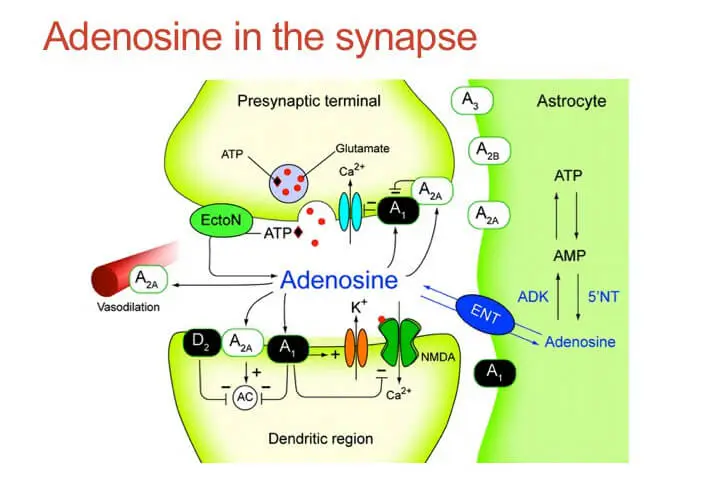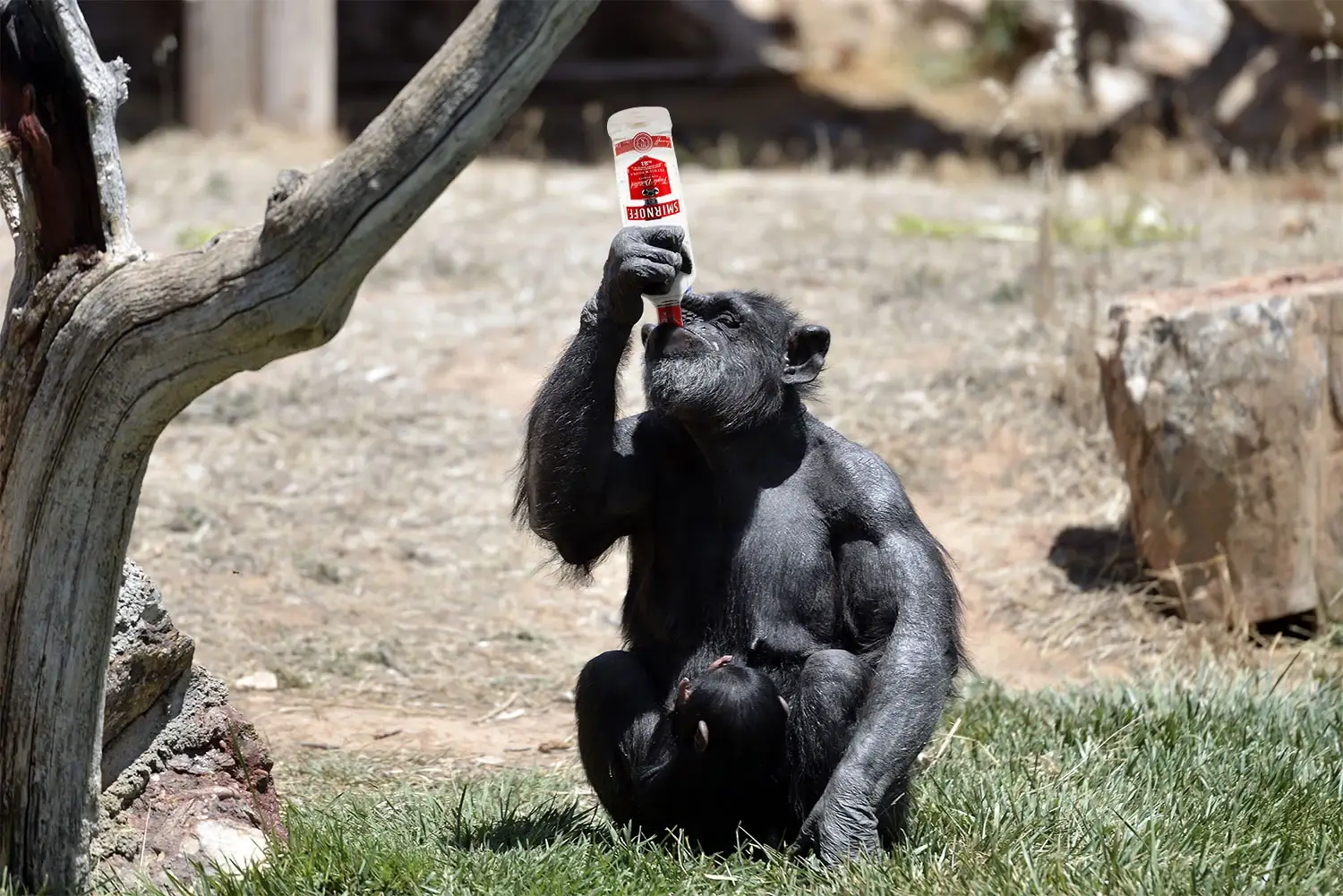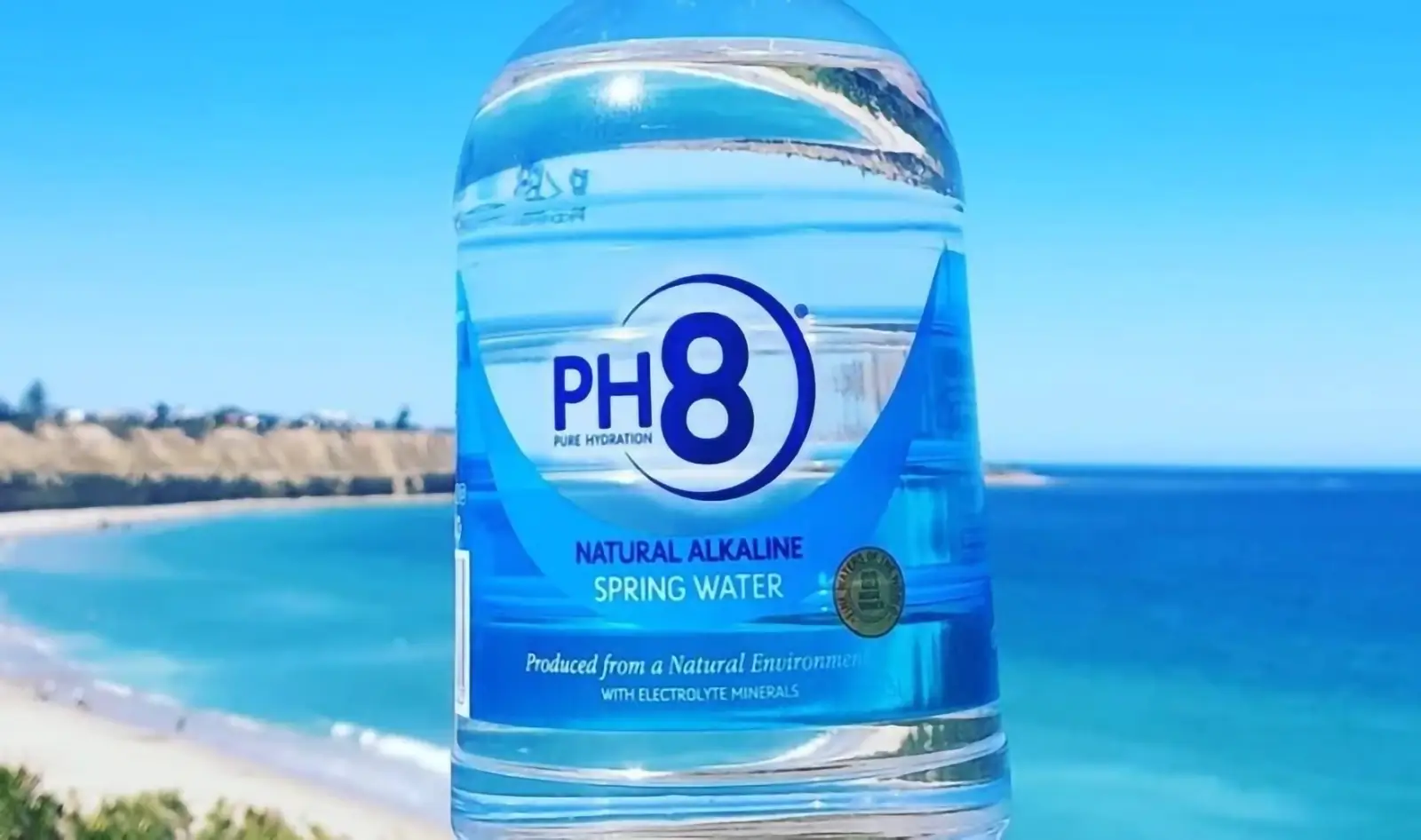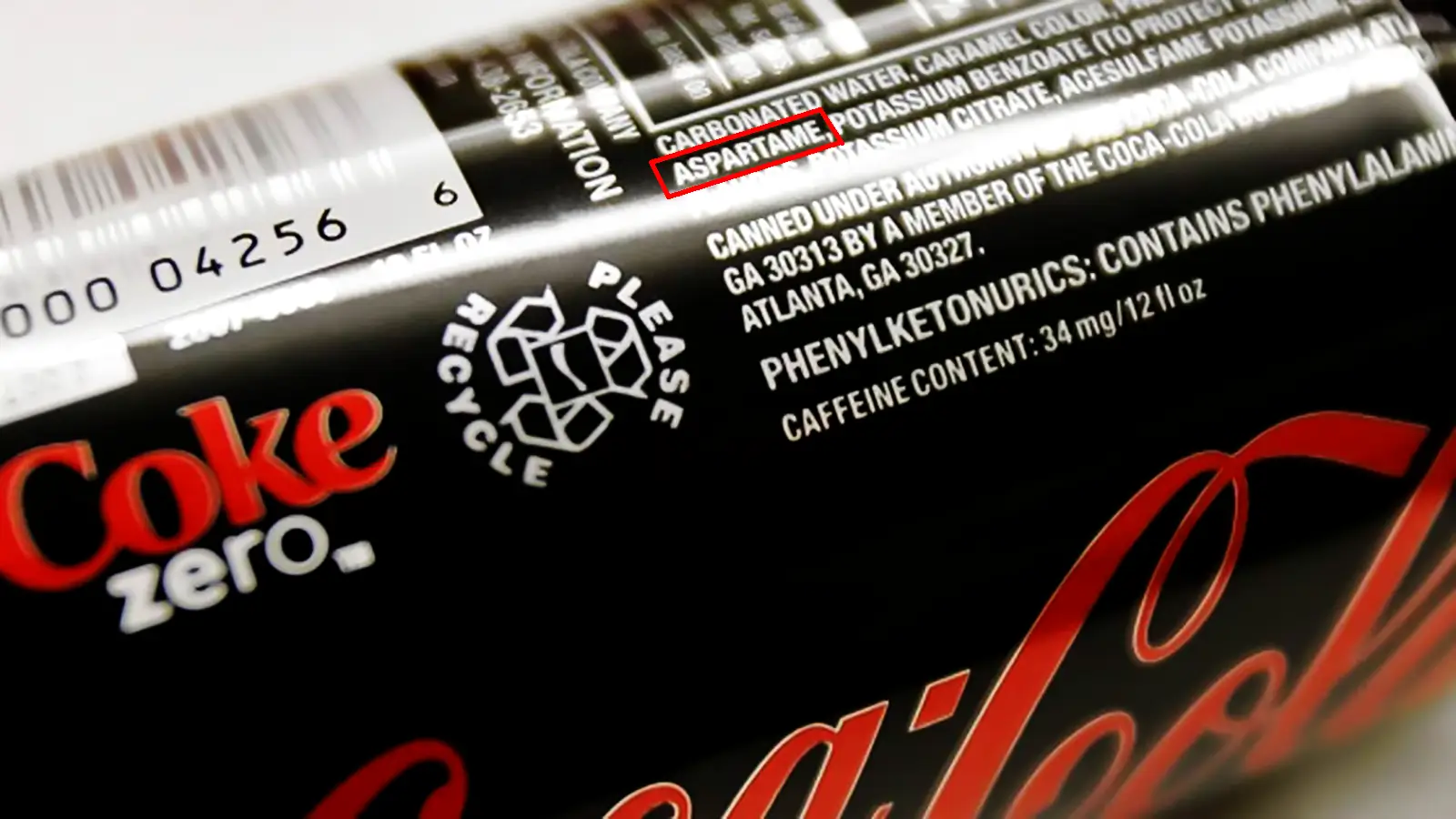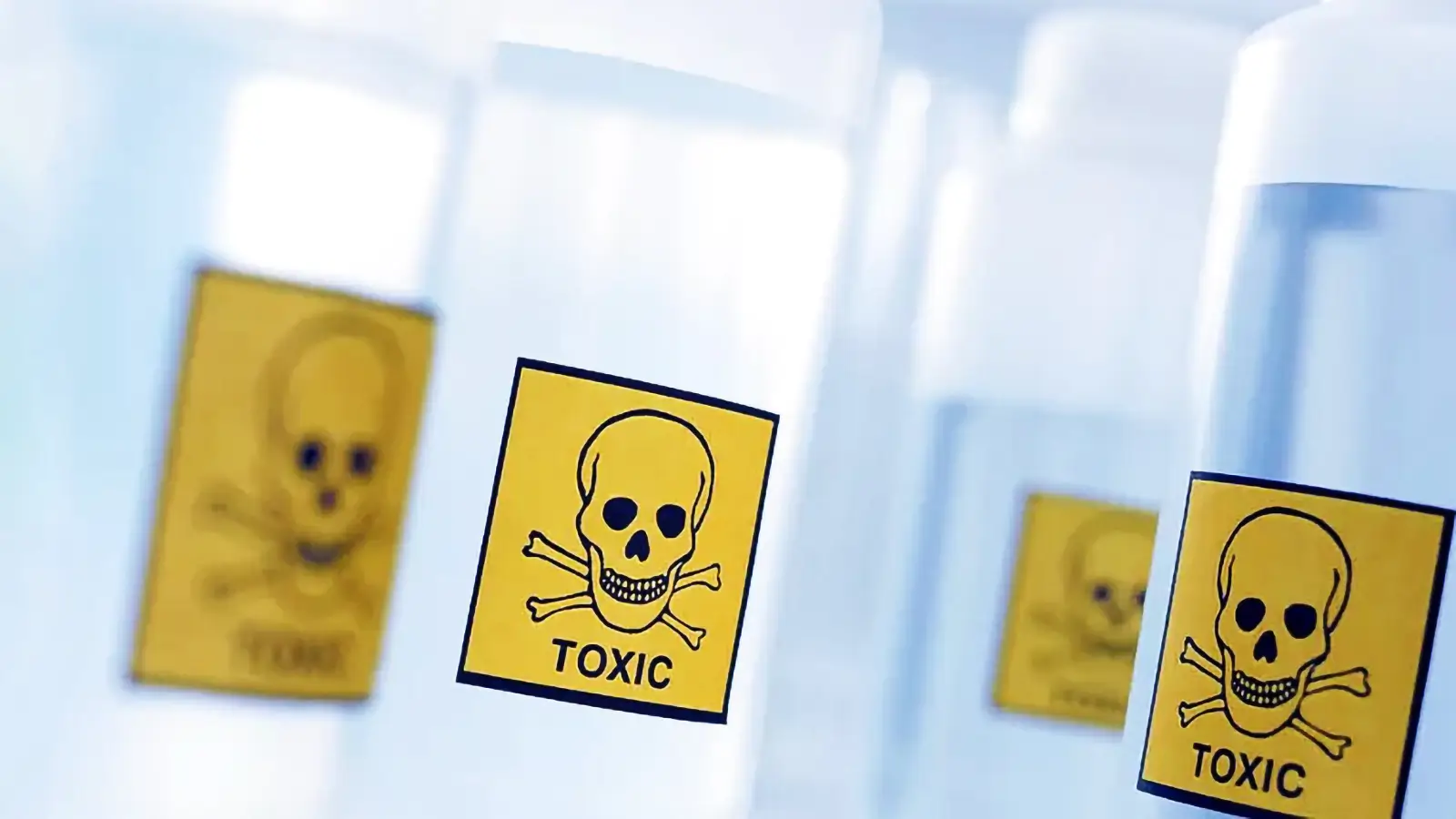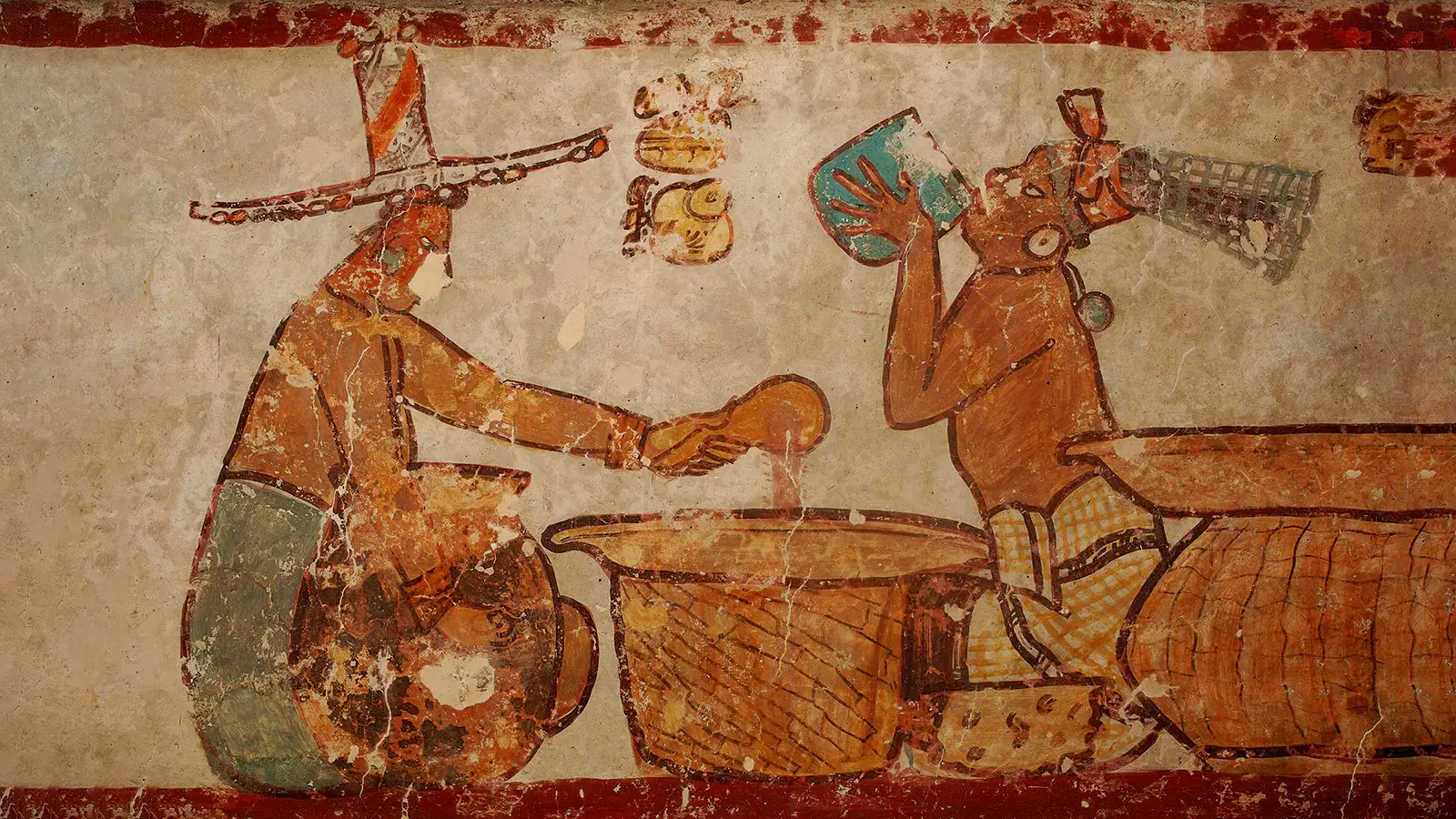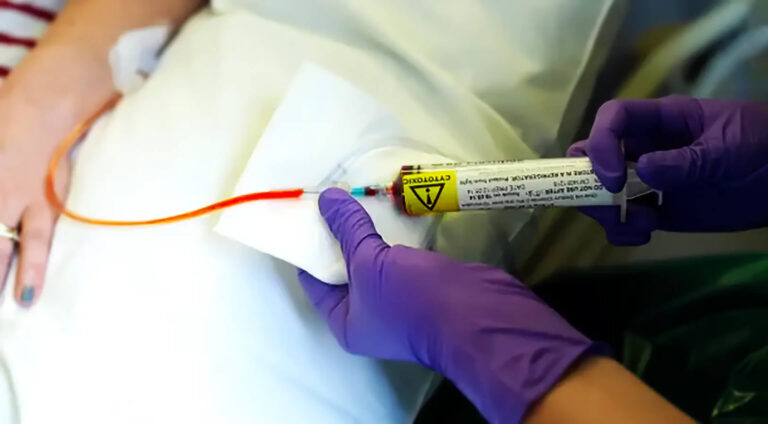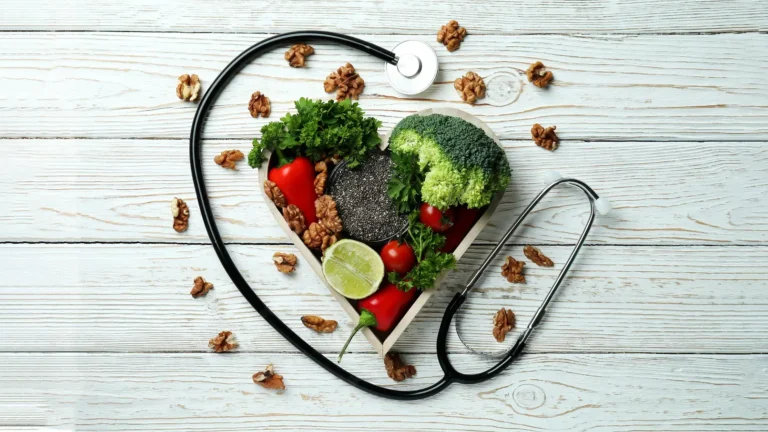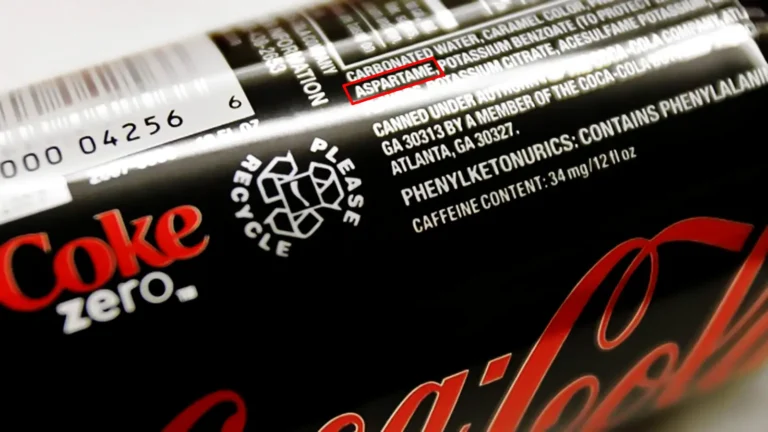Do we think coffee benefits we get when drinking it is something good for our brain or bad or neutral? What does the actual caffeine do and what are the risks?
Milos Pokimica
Written By: Milos Pokimica
Medically Reviewed by: Dr. Xiùying Wáng, M.D.
Updated May 29, 2023Do we think caffeine is something good for our brain or bad or neutral? There is much talk about coffee benefits but coffee benefits are also just one side of the coin. Coffee is also associated with some health risks that people usually just ignore. The real question is do we think that coffee benefits outweigh the associated risks?
So far research has no evidence to associate a link between coffee and an increased risk of heart disease or cancer. Some of the studies found decreased overall mortality by the same small amount, and some others found that it does the opposite. If we take an average conclusion from them, it will be approximately very small or no significant effect on longevity.
So are there any risks associated with the coffee benefits we so much desire?
Coffee seems to increase cognitive function and reduce the risk of depression. The potential coffee benefits also include protection against neurodegenerative diseases, improved asthma control, and lower risk of select gastrointestinal diseases. So did we find our amphetamine-like drug free of charge?
Coffee does have a high concentration of antioxidants providing cells protection from oxidative stress and inflammation. It is the bean after all. However, we can get other nontoxic beans to get all of the benefits that coffee bean has, and we should not confuse the coffee benefits as unique. Most antioxidant-rich foods will have the same effect.
When people talk about coffee benefits, they tell half-truths when insinuating that it is the benefit of that bean only and that we would not have similar benefits if we eat another type of bean. For example, cocoa beans have caffeine too but much more beneficial polyphenol antioxidants and much more health benefits so talking about the benefit of coffee is a little misleading.
To get to the truth, we should look into studies of pure caffeine and its effect on the body because that is the reason people drink coffee in the first place. We could get most of the coffee benefits with decaf too. It is caffeine that we need to investigate and not just use misleading science to justify our habit. It is the same story as alcohol, finding some benefits that we can also find in other food items without any unique special ability to just coffee beans so that we can justify our caffeine high.
What does the actual caffeine do?
We can take it in pills for example or in energy drinks. If we look at the chemical structure of caffeine, we will see that it is very similar to adenosine. Adenosine is a chemical in the brain that makes us sleepy. Whenever we are awake adenosine slowly accumulates in our brains. Adenosine binds to the receptors and in time slows our brain activity down. The longer we are awake, the more adenosine accumulates, and the more tired we feel. At some point, we will go to sleep. While sleeping concentration of adenosine declines and in the morning cycle begins again.
Because caffeine is similar to adenosine and acts as an adenosine receptor blocker in the brain, it will cancel natural brain chemistry making us feel more alert.
For individuals that regularly drink coffee in extensive amounts, our brains adjust by developing more adenosine receptors, so it takes more caffeine to elicit the same response. Having more adenosine receptors also means more adenosine makes its way into our brains so if we do not drink coffee, we will be more tired than in our regular normal state. In the morning, we will not be fully alert and during the day we will feel more tired if we did not drink our cup that day. It has a half-life of 6 hours meaning half of it will be gone in 6 hours so after 6 hours you will be feeling half of the effect. A couple of hours later it will be mostly gone, and we will need another cup.
Caffeine also stimulates the body to produce much more adrenaline than needed and that will end up in increased heart rate and anxiety.
Caffeine puts the body in a stressful state of fight and flight response leading to an increase in anxiety. People who are already overstressed and prone to panic attacks and other pro-anxiety conditions can have severe reactions with a tremor in their hands and cold sweats and heart palpitations from caffeine.
Caffeine also prevents dopamine from getting reabsorbed acting like cocaine in some sense leading to good feelings so by now we are in addictive behavior and have withdrawal symptoms. This dopamine effect is what makes coffee so addictive.
The reason why Coca-Cola puts caffeine in Coke is precisely because of this. Developing children’s brains is even more sensitive.
The lethal dose of caffeine is 150mg per kg of body mass. For a 70kg human, it is 14000mg caffeine. A cup of coffee on average has 150mg. This is not enough to kill but there is still one more fact that people tend to know little about. However, it is the one effect that is most important of them all. Adenosine also controls blood flow through the brain.
Caffeine produces cerebral vasoconstriction by antagonizing adenosine receptors.
Caffeine-induced cerebral vasoconstriction is well documented (Diukova et al., 2012). 250 mg of caffeine was found to be associated with significant reductions in cerebral perfusion thirty and ninety minutes later around. The value of decreased blood flow in the brain goes from 20% for one small cup of coffee to 40% for 2 or 3 cups. Chronic caffeine use results in an adaptation of the vascular adenosine receptor system presumably to compensate for the vasoconstrictive effects of caffeine. This entire adrenaline bump and stress in the form of I am suffocating and dying, help me, I am your brain without the oxygen is what actually wakes you up because you are about to die literally. That is what your alert state is. Fight or flight stress response. And that is the real job of caffeine, to be one more neurotoxic chemical for defense against pests. If you drink coffee every day, the brain adapts and tries to compensate.
Nevertheless, there is a deadline for what the brain can compensate for. The limit is around 400 mg of caffeine a day. Drinking more than that will have vasoconstrictive effects even in people who are chronic caffeine addicts. What happens is that in expectation of one more coffee cup the brain is going to raise its internal brain pressure. So when we drink coffee, the pressure will drop from vasoconstrictive effects and become normal. If you skip that cup in the morning and skip again in the afternoon the buildup of internal brain pressure is going to give you a migraine headache. That is the reason why people who are trying to quit usually suffer from headaches that can last for days before their brains start to adapt again to new normalized conditions. There is more.
Caffeine is also frequently utilized as a pre-workout supplement, but caffeine may adversely affect and limit bloodstream flow to heart muscle throughout the exercise (Namdar et al., 2009).
When we do physical exercise blood flow has to increase in order to match the increased need for oxygen and caffeine may adversely affect this mechanism too and not just the blood supply to the brain. It restricts the blood flow in the heart muscle, but interestingly enough it did not affect blood flow while the study subjects were at rest. When the subjects took caffeine tablets and exercised the blood flow was significantly lower than normal. Blood flow should increase when people exercise due to the more significant demand for energy, but caffeine blocks receptors for adenosine in the heart muscle and blocks specific receptors in the walls of blood vessels. I would not recommend that anyone take caffeine as a pre-workout supplement or for any athlete to drink caffeine before sports. In the upper mentioned study after oral administration of caffeine 200 mg bicycle exercise-induced myocardial blood flow decreased by 11% in regular individuals. In subjects who have coronary artery disease decrease was 18% and by 25% in stenotic subjects (with cholesterol deposit narrowing of coronary arteries). Caffeine is a pesticide that kills insects and other plants. Neurotoxic poison. It has the purpose of defending the coffee plant.
The coffee plant is one of the rare plants in nature that commits suicide. Unique coffee benefits, suicide. The leaves and beans that fall from the coffee tree have caffeine, and they start to poison the ground. At first, they kill everything that lives in topsoil but as time passes and more and more leaves fall, and more concentration of caffeine in soil raises more of the root system of the coffee plant itself gets affected. Investigations regarding the use of caffeine on plants demonstrated that when the concentration of caffeine gets high enough it begins to distort plant cells and if it gets even higher the result is the death of the plant.
People usually try to drink coffee when they are already stressed enough. They have a lot of work, or they need to study for the exam so that constant stressful response full of adrenalin and cortisol up and downs is going to give them adrenal fatigue and overall stressful condition. Adrenal fatigue is not a real disease just a made-up term. It is not an accepted medical diagnosis. There is a real medical condition called Addison disease which causes adrenal insufficiency. Adrenal fatigue does not cause inadequate production of one or more of these hormones as a result of an underlying disease. Adrenal fatigue is a light form of adrenal insufficiency caused by chronic stress with rapid hormonal ups and downs during the day. It is not as much the insufficiency of the adrenal glands as it is an overall fatigue state caused by constant hormonal fluctuations. Trying to take Valium to relax or because you are unable to sleep is just going to make things worse.
How many people are complaining about their stressful lives?
The valid question should be how many of them are caffeine addicts?
Keep that in mind the next time you are eyeing that 2nd (or 10th) cup of joe.
References:
- Diukova, A., Ware, J., Smith, J. E., Evans, C. J., Murphy, K., Rogers, P. J., & Wise, R. G. (2012). Separating neural and vascular effects of caffeine using simultaneous EEG-FMRI: differential effects of caffeine on cognitive and sensorimotor brain responses. NeuroImage, 62(1), 239–249. https://doi.org/10.1016/j.neuroimage.2012.04.041
- Namdar, M., Schepis, T., Koepfli, P., Gaemperli, O., Siegrist, P. T., Grathwohl, R., Valenta, I., Delaloye, R., Klainguti, M., Wyss, C. A., Lüscher, T. F., & Kaufmann, P. A. (2009). Caffeine impairs myocardial blood flow response to physical exercise in patients with coronary artery disease as well as in age-matched controls. PloS one, 4(5), e5665. https://doi.org/10.1371/journal.pone.0005665
- Butt, M. S., & Sultan, M. T. (2011). Coffee and its consumption: benefits and risks. Critical reviews in food science and nutrition, 51(4), 363–373. https://doi.org/10.1080/10408390903586412
Related Posts
Do you have any questions about nutrition and health?
I would love to hear from you and answer them in my next post. I appreciate your input and opinion and I look forward to hearing from you soon. I also invite you to follow us on Facebook, Instagram, and Pinterest for more diet, nutrition, and health content. You can leave a comment there and connect with other health enthusiasts, share your tips and experiences, and get support and encouragement from our team and community.
I hope that this post was informative and enjoyable for you and that you are prepared to apply the insights you learned. If you found this post helpful, please share it with your friends and family who might also benefit from it. You never know who might need some guidance and support on their health journey.
– You Might Also Like –

Learn About Nutrition
Milos Pokimica is a doctor of natural medicine, clinical nutritionist, medical health and nutrition writer, and nutritional science advisor. Author of the book series Go Vegan? Review of Science, he also operates the natural health website GoVeganWay.com
Medical Disclaimer
GoVeganWay.com brings you reviews of the latest nutrition and health-related research. The information provided represents the personal opinion of the author and is not intended nor implied to be a substitute for professional medical advice, diagnosis, or treatment. The information provided is for informational purposes only and is not intended to serve as a substitute for the consultation, diagnosis, and/or medical treatment of a qualified physician or healthcare provider.NEVER DISREGARD PROFESSIONAL MEDICAL ADVICE OR DELAY SEEKING MEDICAL TREATMENT BECAUSE OF SOMETHING YOU HAVE READ ON OR ACCESSED THROUGH GoVeganWay.com
NEVER APPLY ANY LIFESTYLE CHANGES OR ANY CHANGES AT ALL AS A CONSEQUENCE OF SOMETHING YOU HAVE READ IN GoVeganWay.com BEFORE CONSULTING LICENCED MEDICAL PRACTITIONER.
In the event of a medical emergency, call a doctor or 911 immediately. GoVeganWay.com does not recommend or endorse any specific groups, organizations, tests, physicians, products, procedures, opinions, or other information that may be mentioned inside.
Editor Picks –
Milos Pokimica is a health and nutrition writer and nutritional science advisor. Author of the book series Go Vegan? Review of Science, he also operates the natural health website GoVeganWay.com
Latest Articles –
Top Health News — ScienceDaily
- Popular brain supplement linked to shorter lifespan in menon February 26, 2026
A massive study of more than 270,000 people has uncovered a surprising link between a common amino acid and how long men live. Researchers found that higher levels of tyrosine—an amino acid found in protein-rich foods and often marketed as a focus-boosting supplement—were associated with shorter life expectancy in men, potentially trimming nearly a year off lifespan.
- Hidden architecture inside cellular droplets opens new targets for cancer and ALSon February 26, 2026
Biomolecular condensates were long believed to be simple liquid blobs inside cells. Researchers have now uncovered that some are actually supported by fine protein filaments forming an internal scaffold. When this structure is disrupted, cells fail to grow and divide properly. The discovery suggests scientists may one day design drugs that target condensate architecture to fight cancer and neurodegenerative disease.
- The more you fear aging, the faster your body may ageon February 26, 2026
Worrying about getting older—especially fearing future health problems—may actually speed up aging at the cellular level, according to new research from NYU. In a study of more than 700 women, those who felt more anxious about aging showed signs of faster biological aging in their blood, measured using cutting-edge “epigenetic clocks.” Fears about declining health had the strongest link, while concerns about beauty or fertility didn’t appear to have the same biological impact.
- Popular acid reflux medication linked to anemia and bone losson February 26, 2026
Popular acid reflux drugs such as Prilosec, Nexium, and Protonix may carry hidden risks when taken long term. A new study found that extended use disrupted iron and calcium levels in rats, changes associated with anemia and osteoporosis risk. Researchers also observed shifts in mineral balance across multiple organs. Experts say the medications are effective, but prolonged use without medical guidance could have unintended consequences.
- PFAS found in most americans linked to rapid biological agingon February 26, 2026
“Forever chemicals” known as PFAS have quietly infiltrated everything from nonstick pans to food packaging—and now new research suggests some of them may be speeding up the aging process itself. In a nationally representative U.S. study, two lesser-known PFAS compounds, PFNA and PFOSA, were found in 95% of participants and strongly linked to faster biological aging in men aged 50 to 64.
- Study finds vegetarians over 80 less likely to reach 100on February 26, 2026
Avoiding meat might slightly lower the odds of reaching 100 — but only for frail, underweight seniors. In very old age, staying strong and maintaining muscle matters more than long-term disease prevention. Older adults who included fish, eggs, or dairy were just as likely to become centenarians as meat eaters, suggesting that key nutrients may make the difference. The takeaway: nutrition needs change dramatically with age.
- Shingles vaccine may slow biological aging and reduce inflammationon February 26, 2026
A shingles shot might do more than prevent a painful rash — it could actually help slow down the aging process. In a large national study of more than 3,800 Americans age 70 and older, those who received the shingles vaccine showed slower biological aging compared to those who didn’t. Researchers found lower levels of chronic inflammation and slower changes in gene activity linked to aging, suggesting the vaccine may calm the body’s “inflammaging” — the low-grade inflammation tied […]
PubMed, #vegan-diet –
- Three-Tier Plate, Triple Win: Health, Sustainability, and Equity in the Slovenian Nutrition Guidelines 2025on February 27, 2026
The prevalence of diet-related noncommunicable diseases (NCDs; e.g., obesity, type 2 diabetes, cardiovascular disease, and certain cancers) is increasing globally, while food systems are also driving climate change and biodiversity loss. Transitioning to predominantly plant-based (“plant-forward”) dietary patterns can improve health and lower environmental impacts. We present the Slovenian Nutrition Guidelines 2025 (SNG2025)-their methodology, development, and core recommendations. Developed […]
- Omnivores, Flexitarians, Vegetarians, and Vegans Attach Different Importance to Eleven Motives for Daily Food Choice Decisions: Findings from 5111 UK Adultson February 27, 2026
Many initiatives aimed at improving population-wide health or providing food sources that are sustainable and environmentally friendly are focused on a switch from primarily meat-based diets to diets that are more vegetable-based. Building rational approaches to promoting such changes requires an understanding of consumers’ motives for their dietary choices. Aiming to extend prior research, the present study examines eleven food choice motives across nine dietary groups varying in their […]
- Precision Nutrition in Type 2 Diabetes Prevention Through Molecular Nutrigenomic and Epigenetic Modulation of Insulin Signaling and Glucose Metabolismon February 27, 2026
Precision nutrition has emerged as a promising strategy for the prevention of type 2 diabetes mellitus (T2DM) by targeting molecular pathways underlying insulin resistance and impaired glucose metabolism. Accumulating evidence indicates that dietary patterns, caloric intake, and specific nutrients can modulate gene expression and epigenetic mechanisms involved in insulin signaling, inflammation, and energy homeostasis. This narrative review synthesizes recent human and experimental studies…
- Livestock Integration Into Cropping Systems Enhances Their Climate Change Resistance and Mitigation While Reducing Their Environmental Impactson February 26, 2026
The sustainability of cropping systems is linked to their circularity, which is their ability to close resource cycles such as carbon and nitrogen through strategies for managing crop residues, byproducts, and other inputs. Here, we investigate three crop rotations-business-as-usual (BAU), vegan, and integrated crop-livestock systems (ICLS)-varying in livestock integration, crop residue fate, and human diet sustained. Under ten climate change scenarios, we compare their impacts on multiple…
- Association between dietary pattern, atherogenic index of plasma, and cardiovascular disease risk factors amongst adults: A cross-sectional cohort-based studyon February 26, 2026
CONCLUSION: The findings suggest that high adherence to a vegan diet is beneficial for cardiovascular health, as evidenced by lower AIP, a marker of atherosclerosis risk. It highlights the potential role of dietary interventions in reducing cardiovascular risk, with a focus on plant-based diets for improving lipid profiles and heart health.
Random Posts –
Featured Posts –
Latest from PubMed, #plant-based diet –
- Omnivores, Flexitarians, Vegetarians, and Vegans Attach Different Importance to Eleven Motives for Daily Food Choice Decisions: Findings from 5111 UK Adultsby Sara R Jaeger on February 27, 2026
Many initiatives aimed at improving population-wide health or providing food sources that are sustainable and environmentally friendly are focused on a switch from primarily meat-based diets to diets that are more vegetable-based. Building rational approaches to promoting such changes requires an understanding of consumers’ motives for their dietary choices. Aiming to extend prior research, the present study examines eleven food choice motives across nine dietary groups varying in their […]
- Three-Tier Plate, Triple Win: Health, Sustainability, and Equity in the Slovenian Nutrition Guidelines 2025by Nataša Fidler Mis on February 27, 2026
The prevalence of diet-related noncommunicable diseases (NCDs; e.g., obesity, type 2 diabetes, cardiovascular disease, and certain cancers) is increasing globally, while food systems are also driving climate change and biodiversity loss. Transitioning to predominantly plant-based (“plant-forward”) dietary patterns can improve health and lower environmental impacts. We present the Slovenian Nutrition Guidelines 2025 (SNG2025)-their methodology, development, and core recommendations. Developed […]
- Cognitive Effects of Taurine and Related Sulphur-Containing Amino Acids: A Systematic Review of Human Trials and Considerations for Plant-Based Dietary Transitionsby Jack A Moore on February 27, 2026
As diets shift towards more plant-based patterns, nutrients mainly supplied by animal-sourced foods are receiving greater attention. Among these are sulphur-containing amino acids (SCAAs) such as taurine, methionine, and cysteine. These compounds play important roles in neuroprotection, antioxidant defence, and cellular signalling; functions that are closely linked to cognitive health. This systematic review examined the effects of SCAA supplementation on cognitive performance in randomised…
- Precision Nutrition in Type 2 Diabetes Prevention Through Molecular Nutrigenomic and Epigenetic Modulation of Insulin Signaling and Glucose Metabolismby Daniel Rumui on February 27, 2026
Precision nutrition has emerged as a promising strategy for the prevention of type 2 diabetes mellitus (T2DM) by targeting molecular pathways underlying insulin resistance and impaired glucose metabolism. Accumulating evidence indicates that dietary patterns, caloric intake, and specific nutrients can modulate gene expression and epigenetic mechanisms involved in insulin signaling, inflammation, and energy homeostasis. This narrative review synthesizes recent human and experimental studies…
- Nutritional Disorders and Metabolic Adaptations in Dromedary Camels: Insights into Foregut Fermentation and Mineral Balanceby Muhammad Mahboob Ali Hamid on February 27, 2026
Dromedary camels possess unique anatomical, physiological, and metabolic adaptations that enable survival in arid environments; however, these same adaptations make them highly sensitive to nutritional imbalance under modern feeding conditions. This review synthesizes current knowledge on nutritional pathologies and metabolic disorders in camels, emphasizing the links between diet composition, foregut fermentation, mineral status, and systemic health. Imbalances in energy and carbohydrates…
- A Mixed Methods Evaluation of a Whole Food Plant-Based Nutrition Program for Medical Studentsby Tai Metzger on February 27, 2026
Background/Objectives: Whole food, plant-based (WFPB) diets have been associated with reduced cardiovascular risk and enhanced overall health. However, nutrition education in medical training remains limited. This study evaluated an experiential WFPB intervention known as the “Plant Plunge.” Methods: A total of 64 medical student participants attended weekly one-hour nutrition seminars on campus led by a local nonprofit, received complimentary WFPB lunches, and were encouraged to eat a WFPB […]
